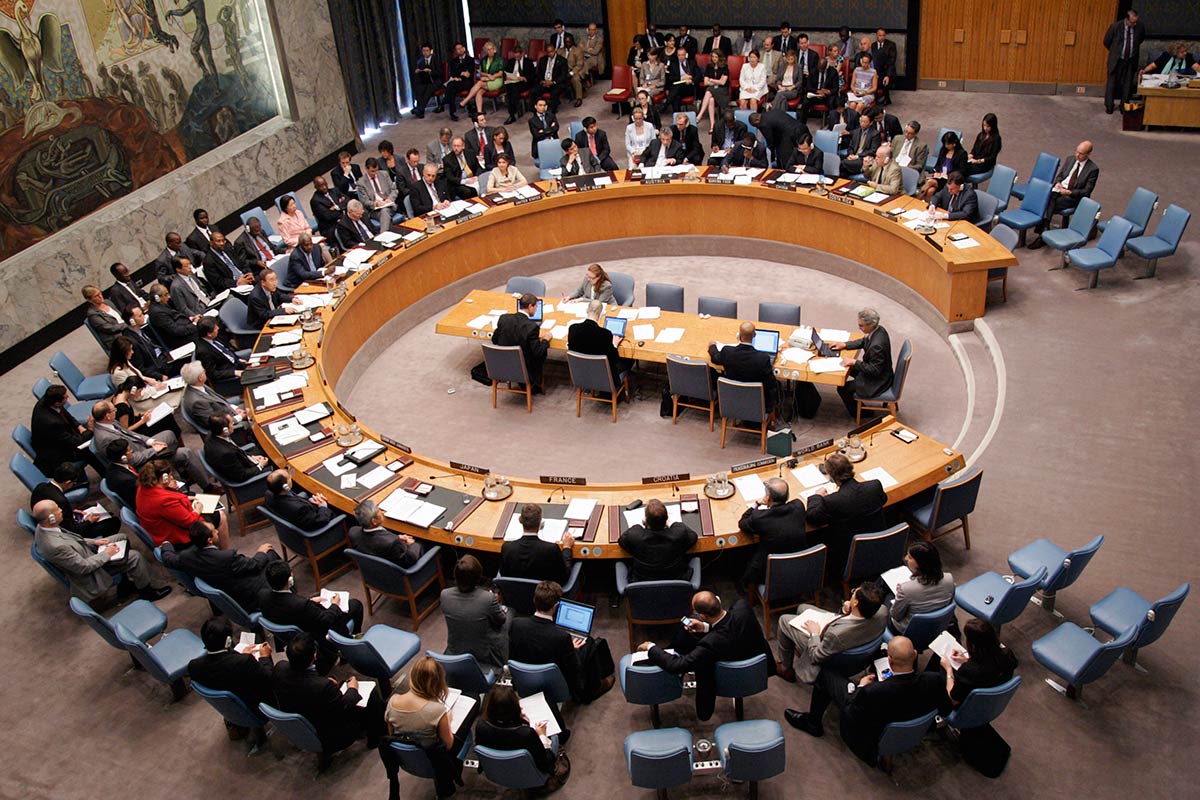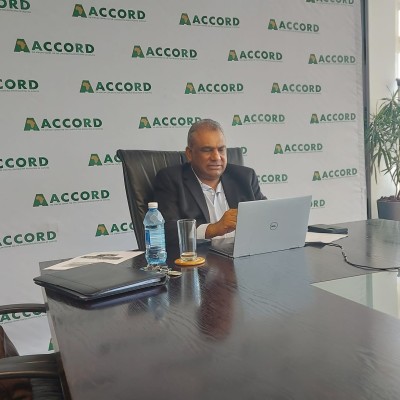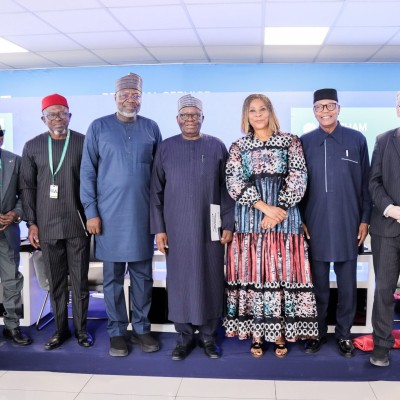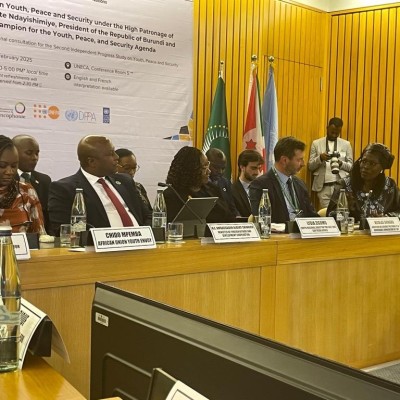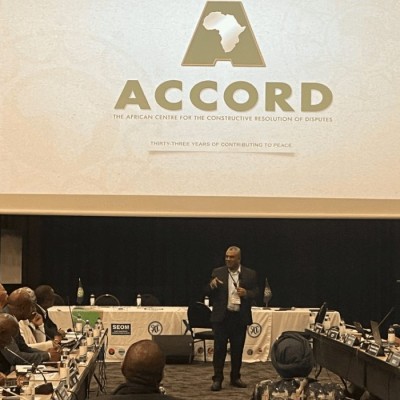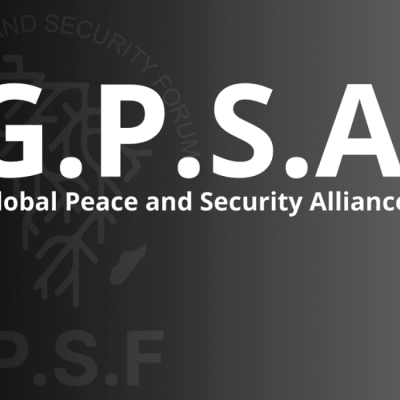Peacebuilding seeks to prevent future conflict and to address the root causes of conflict. Preventative and post-conflict peacebuilding measures have been utilised in Africa and elsewhere to prevent violent conflict from arising, to manage conflict situations where they do arise, and to address the root causes of conflict. Peacebuilding, therefore, contains elements of conflict prevention, conflict management and conflict transformation, seeking to prevent, address and transform potential conflict situations.
Peacebuilding is a complex and multidimensional process which takes place, directly and indirectly, over a long time following the formal end of a conflict. Furthermore, peacebuilding is not undertaken by one actor, or one group of actors, alone, but is the product of initiatives and undertakings by a range of stakeholders who play direct and indirect roles in the process of consolidating peace. The consolidation of peace, furthermore, does not take place only at the community level, at the level of the state, or within the recovery and development sphere. Rather, peacebuilding takes place from the grass-roots level to the highest levels of government, and requires efforts and action by internal actors and external actors providing support to peacebuilding processes which, ultimately, are locally owned and must be locally driven. This recognition is slowly taking hold in peacebuilding undertakings in Africa, and the importance of developing peacebuilding approaches which are holistic, inclusive and long-term in their thinking is gaining recognition.
The Peacebuilding Unit is situated within ACCORD’s Operations Department along with the Peacemaking and Peacekeeping Units. The Unit aims at positively impacting and consolidating peacebuilding efforts on the African continent. It therefore involves a range of multidimensional and inter-related engagements that collectively and cumulatively aim to bring about security, political stability, socio-economic development and reconciliation, addressing both the consequences and the causes of a conflict and lays the foundation for sustainable peace and development. These engagements aim to promote the enhancement of creative African solutions to peacebuilding challenges on the continent, thereby contributing to ACCORD’s vision.
UN Assistant Secretary-General for Peacebuilding Support, Ms. Judy Cheng-Hopkins, gave the opening address, via video, at the 2013 United Nations Peacebuilding Fund Workshop: Programming for Peacebuilding, co-host by the United Nations Peacebuilding Support Office and ACCORD, in Cape Town South Africa from 9-11 July 2013. Her speech outlines the complexities surrounding peacebuilding and the challenges one faces when trying to implement long-term sustainable peace. A very interesting overview of a very dynamic field!

